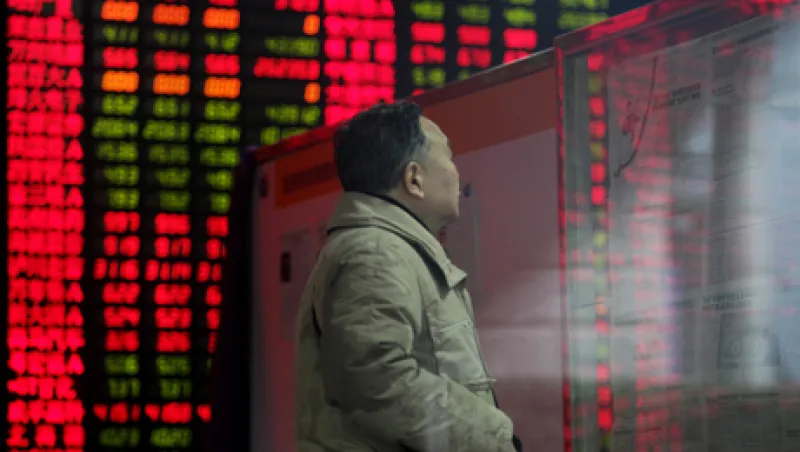
Private Equity Slows in China as Investors Can't Find the Exit
Sharp slowdown in Chinese IPOs makes it harder for funds to cash out and prompts some investors to look at secondary sales.
Allen T Cheng
February 12, 2013


